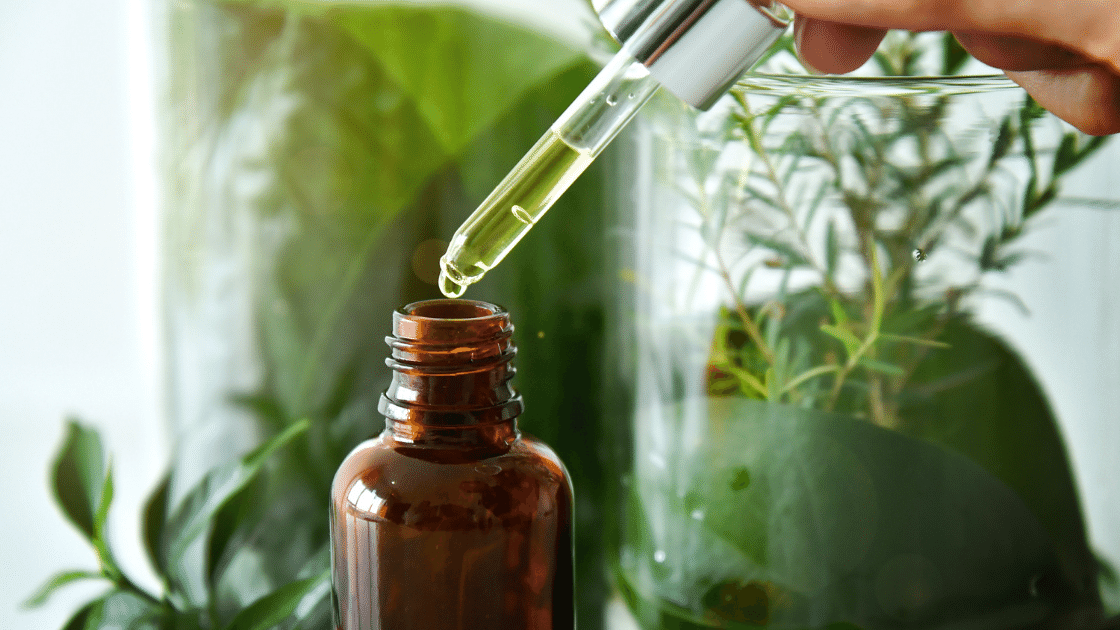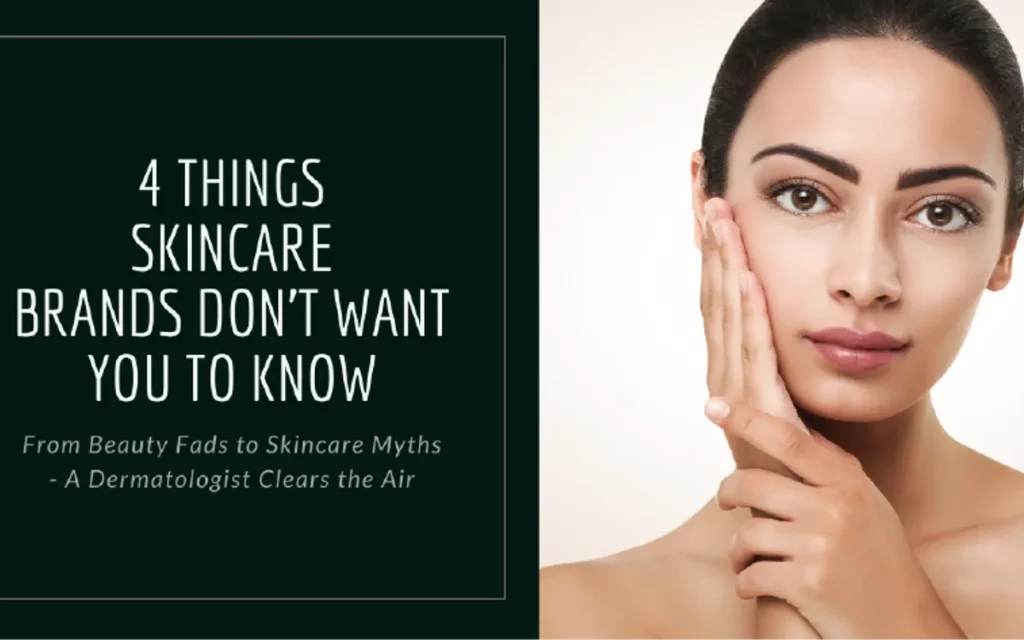Skin is the largest organ of the human body and in the front line of defense against everything outside of it. And treating your skin well is treating yourself well – although the realisation usually dawns on us in our early 30s or 40s, after a decade or two of using remedies we’ve overheard or skincare myths we went along with.
And for good reason – finding the right skincare product and routine can be confusing, expensive, fear-inducing and ultimately exhausting. Is it worth the investment? Or worse, will this cause a reaction on your skin? How long should you wait before you see results?
It doesn’t help that skin care routines are very specific to an individual. To deal with all this, we anchor ourselves to Google reviews and slogans that bring comfort – “natural & homemade products”, “complete skincare routine” or “ECOCERT certified”. But any skin expert worth their salt will tell you that many of these catch-phrases have loopholes or worse, are myths, which when repeated frequently enough, become facts that everyone believes in. And these coupled with celebrity endorsements and gorgeous packaging might not be helping our skin at all.
We spoke to the top skin expert on our platform and below is an excerpt from our conversation, on 4 things that skincare brands won’t tell you:
There is no such thing as a ‘natural’ skincare miracle

‘Natural’ might be the buzziest of buzzwords out there when it comes to skincare. Other close contenders are ‘botanical’, ‘organic’ and ‘free from chemicals’. Let us show you why you should be wary of these labels.
Most products are not natural at all. Ask yourself this: how long would a besan and milk cream face pack mix last in your fridge? In order to keep natural things well preserved, preservatives are inevitable. And preservatives are chemicals too. Besides, natural ingredients can cause irritation and allergies as well. Dermatologists on our platform have seen reactions to some of the most common ingredients such as lemon and tea tree oil in people with sensitive skin.
It doesn’t end there – plants and trees, whose barks or flowers and fruits are used shouldn’t be chemically treated or infused with pesticides. For them to be organic, the soil must be organic too.
Key ingredients are only half the picture
Somewhat related to our last point, this is an often overlooked caveat. Many herbal companies list the herbal active ingredients, but leave out the chemicals used for the making of cream or lotion base, colouring, fragrance or preservatives. Their labels tell only half the story – in order to create an impression that their products are safe and herbal.
You will find that many ingredient lists end after detailing only 3% as herbal ingredients, or worse, don’t mention the percentage or the nature of the base used to make the ingredient at all. More disingenuous is the use of the acronym QS or quantum satis, meaning quantity sufficient.
Also read:
7 Hair Loss Treatments for Men That Actually Work
A head full of thick, healthy, black lustrous waving in the wind. Did a shampoo commercial with a beautiful actress come to mind as you read the first line? If yes, it shows our neglect of male hair health. Healthy hair has always been a dream, regardless of gender....
There is more to acne that meets the eye
Many skincare brands will often have you believe that their star product is a cure-all for acne, but to claim that a product can eliminate acne might be oversimplifying things. Acne is the most common skin problem. Reasons behind acne can be many and quite complex – and it can stretch far beyond our teenage years. Emotional and physical stress, diet, lifestyle, hormonal imbalance, medications or touching your face too often – these are all factors which can cause or aggravate acne.
To get to the root cause of acne, you might have to get away from the allure of products and look at a host of possible reasons with the help of an expert.
Products can’t override the individuality of your skin
Our skin is as unique as we are – and that’s a good thing! Finding personal beauty regimes should be fun, not a laundry list of products. Skincare brands can often market themselves as the one-stop solution to all things skin but that needn’t be the case at all.
It takes a skincare regimen of quality formulas meant for your specific skin type to see results. And for finding the right one for yourself, you might have to invest some time and be willing to experiment.
The fact is that when it comes to skincare, there can be a fair element of serendipity in finding what works for you. Don’t let self-testing or the pull and packaging of skincare brands come in the way of understanding your skin type or the actual condition.
This article is a part of the Keen on Perfect Skin series. For more tips from skin experts, explore below!
